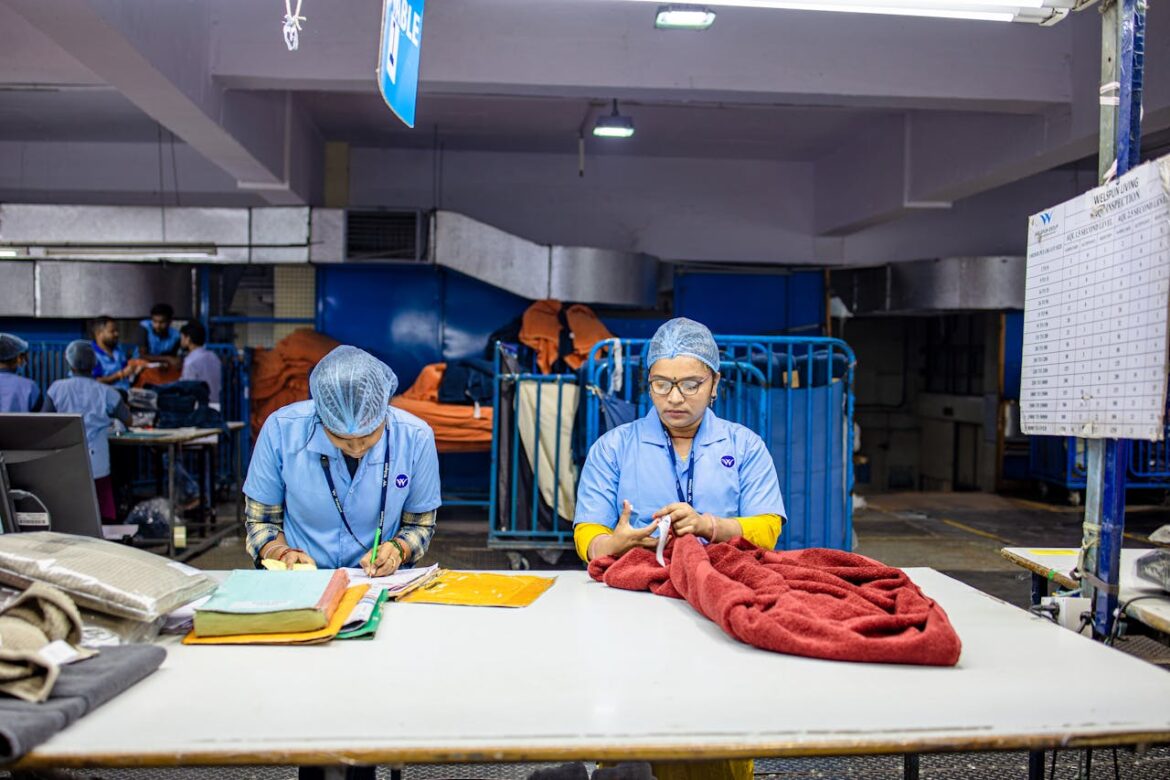Apparel exporters have asked the government to restore full cash incentives and remove costly paperwork that is eating into their profits, saying a quick fix will help local mills and keep export work here. They told finance officials that restoring higher support for local yarn and a general export incentive would help garment makers compete and increase the use of local materials. Specifically, industry leaders want the rate for local yarn raised back to a level that helps millers and keeps value added work in the country, and they want the general export incentive increased so all exporters benefit. They also asked that these incentives be paid at the point of proceeds realisation so companies do not wait for long delays. Exporters say long waits and heavy documentation can erase the benefit of any cash support, with some firms reporting delays that stretch many months and raise compliance costs. Leaders pointed to a banking rule that asks for audit firm certification and said that this adds extra cost and confusion. They suggested simplifying forms and removing unclear labels that can exclude legitimate manufacturers during audits. One example exporters raised was a term on the application that can wrongly exclude businesses without certain types of facilities. Industry groups also asked the government to consider alternate ways to help firms move through a planned transition away from some subsidies. Suggestions included targeted subsidies on utility bills, help with worker wages, reduced factory rent, temporary tax breaks, and direct deals with buyer countries to secure easier market access. These options, they said, could protect jobs and keep factories competitive while the country moves to a new trade status. Export group leaders emphasized that easing the rules would boost local yarn use, strengthen the supply chain, and increase local value addition. They said the move would also help textile millers and could encourage investment in more finishing and processing here rather than abroad. Simplifying paperwork and shortening payment times would improve cash flow and make life easier for smaller firms that cannot carry long waits. The exporters framed their case as practical and business focused, asking for clear, fast steps that keep factories busy and workers paid while government and industry plan for the future. They urged officials to use the time allowed under trade rules to support a smooth transition and to choose measures that protect jobs, increase local production, and keep the apparel sector competitive in world markets.
Apparel makers demand full cash incentives to boost local yarn use and cut costs
41


